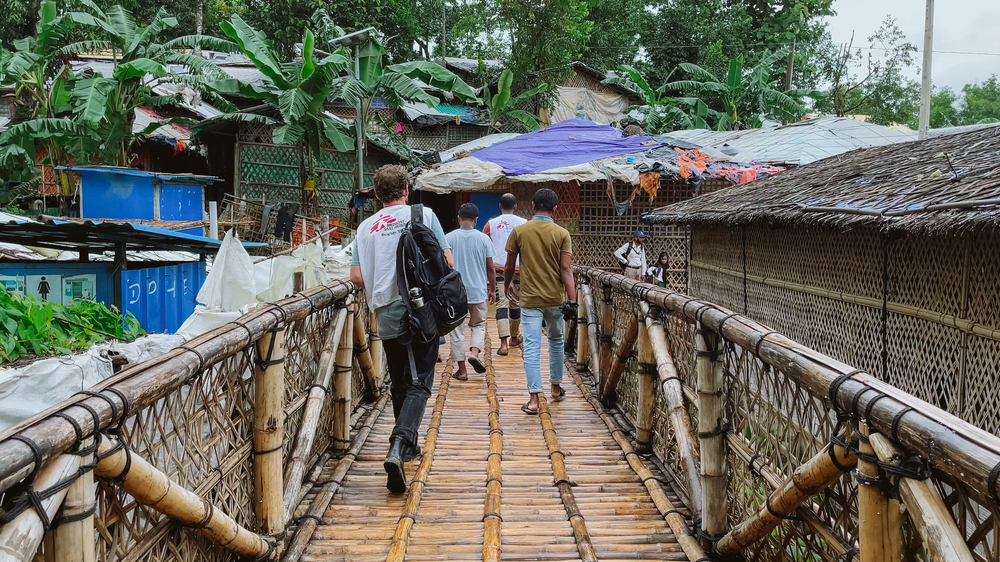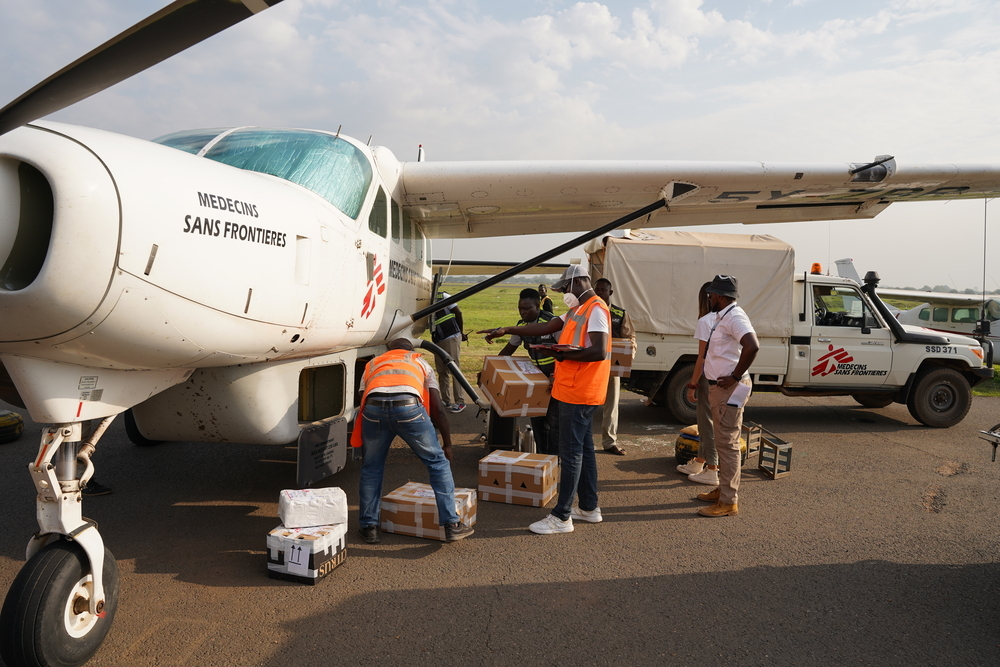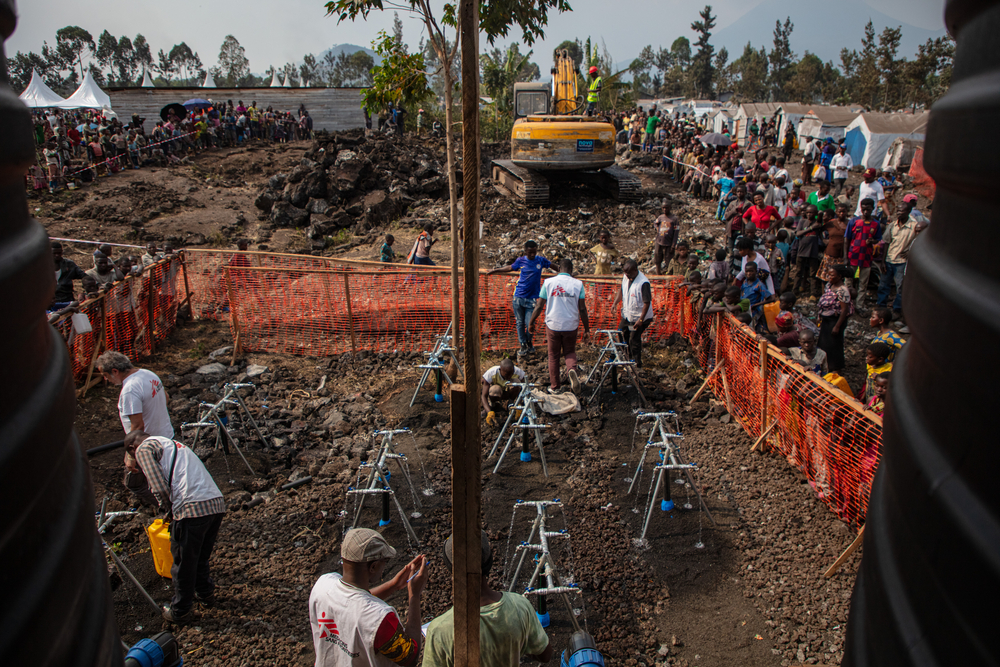MSF response to Canada’s 2024 Federal Budget: “Canada’s decision to increase its humanitarian assistance is a welcome commitment”
Doctors Without Borders/Médecins Sans Frontières (MSF) welcomes Canada’s continued commitment to responding to the urgent needs of people around the world affected by crises, conflicts and other emergencies, as indicated by the additional $350 million in funding for international humanitarian assistance over the next two years that was announced in this week’s federal budget.
The good news: Canada steps up international humanitarian assistance at a time when global needs are rising
As a provider of emergency medical humanitarian assistance in more than 70 countries, MSF witnesses first-hand how people around the world – from Gaza to Sudan to Democratic Republic of Congo – struggle to access basic necessities such as food, water, shelter and medical care, even as they face unprecedented levels of upheaval caused by violence, displacement and climate disasters.
We also see how the world’s resolve to respond to people’s needs is diminishing, in part because of global humanitarian funding cuts. It is encouraging to see Canada step up to meet the challenge of rising humanitarian needs globally, especially at a time when many other countries are faltering on their commitments to support people affected by conflicts and crises.
The bad news: Canada fails to include a renewal of its Rohingya Strategy in the budget
MSF is disappointed, however, that yesterday’s budget failed to mention or renew Canada’s multi-year Strategy to Respond to the Myanmar and Rohingya Crises. MSF is the largest provider of humanitarian medical care for displaced Rohingya communities in Bangladesh, Malaysia and Myanmar, and has seen how Canada’s Rohingya Strategy, which was first launched in 2018, has helped advance global efforts to alleviate the suffering of what the United Nations has called “the most persecuted minority in the world.”

We have been calling on Canada to renew its strategy before it expires this year, and while we recognize that Canada’s international humanitarian assistance funding commitments can still provide critical support to these efforts, we are concerned that by not including a Canadian Rohingya Strategy as a designated item in the federal budget, Canada may be turning away from the high-level political and diplomatic leadership role that it currently plays in both addressing immediate needs and seeking a long-term solution to this crisis.
The opportunity: Canada must prioritize #LivesOverProfits to ensure its medical R&D investments benefit people everywhere
We also note that yesterday’s budget includes several opportunities for Canada to ensure that its public investments in research & development (R&D) and production of medicines, vaccines and other health technologies will prioritize public benefits over private profits, as MSF has been calling on the federal government to do for years.
Budget 2024 includes investments in health R&D infrastructure at public institutions like the University of Saskatchewan, funding to build a new pre-clinical and clinical medical countermeasures facility to develop medical tools for responding to emerging public health threats and the creation of an advisory Council on Science and Innovation intended to set priorities and “increase the impact of […] significant federal investments”.

There would be no more profound demonstration of the impact of federal investments than saving as many lives as possible. Through these investments, and existing tools like Canada’s Biomanufacturing and Life Sciences Strategy, Canada can prioritize the discovery, development and sustainable manufacturing of life-saving medical technologies based on public health need rather than perceived commercial value, and ensure public investment prioritizes public benefits. To expand the impact of these important medical R&D investments, Canada must now implement conditions on any funding or licensing to ensure medical innovations developed or produced with public funding are made affordable and accessible to people everywhere.











